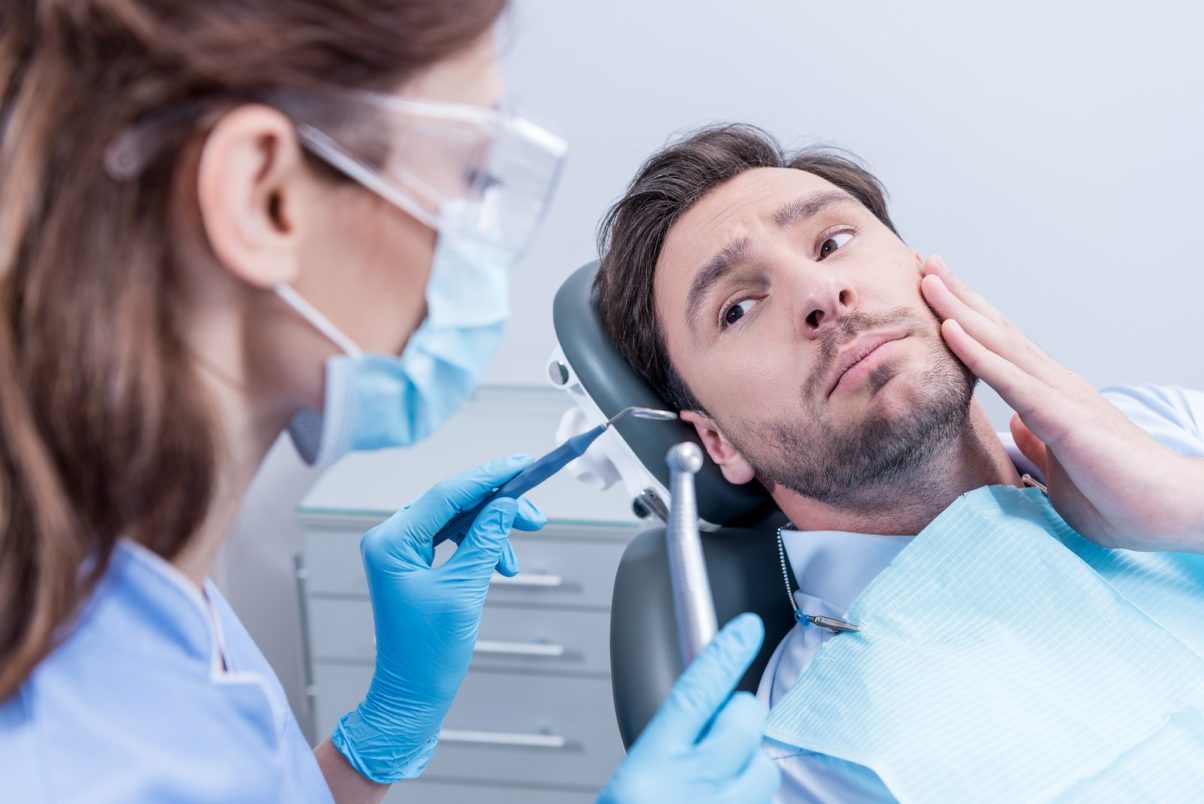If you feel a little anxious about visiting the dentist, you are not alone. Research indicates that as much as 60 percent of the population has at least some anxiety about dental appointments. What’s more, experts say about 5 to 15 percent of people have what’s known as dental phobia,” an actual condition listed in the Diagnostic and Statistical Manual of Mental Disorders. Unfortunately, extreme dental anxiety can lead to avoidance of treatment and, ultimately, the deterioration of oral health. Fortunately, once you understand the reasons behind your anxiety, you can adopt proactive strategies to alleviate your fears.
Why People Fear the Dentist
In the vast majority of cases, people can trace their fear of the dentist to one or more specific causes, including:
- Childhood trauma: Some people remember an especially difficult or painful dental procedure from their past.
- The instruments: Because they look strange or foreign to many people, dental instruments can inspire anxiety.
- Loss of control: Some people grow anxious when they feel “trapped” in a chair while a dentist hovers above them.
- Embarrassment: Some people fear the dentist or hygienist will judge them for not taking care of their teeth.
Getting Past Your Anxiety
There are a number of ways you can reduce your fear of the dentist, depending on its underlying cause. The following five tips can help relax your anxiety and help you feel more comfortable during your visit.
Meet with your dentist.
If you are concerned about visiting the dentist, schedule a meeting before you get any work done. Sometimes called pre-treatment conditioning, this sort of interaction can help you feel more comfortable in the office, while allowing you to build a rapport with your dentist.
Communicate your feelings.
Once you realize how common dental anxiety is, you should feel more comfortable about expressing your feelings and concerns. Let your dentist and hygienist know you tend to experience anxiety during dental visits. You should also speak up if you feel any sort of physical discomfort during your treatment.
Ask questions.
You can alleviate a significant amount of anxiety by asking specific questions about your treatment. Inquire about the dentist’s tools to learn what they are for and whether he or she will use them during your procedure. Ask what you can expect to feel during your treatment and how long it will take.
Make requests.
If your fear centers on the needles used to administer anesthetic, ask your dentist to keep it out of eyesight as much as possible. You may also wish to ask for a warning before he or she administers an injection. In most cases, people tend to feel more comfortable when they take a deep breath during the injection.
Practice good dental hygiene.
If embarrassment is a major source of your dental anxiety, focus on practicing good hygiene at home. By brushing twice a day and flossing at least once, you can avoid bleeding gums and heavy plaque buildup, which might make you feel self-conscious during your exam.



 Previous Article
Previous Article